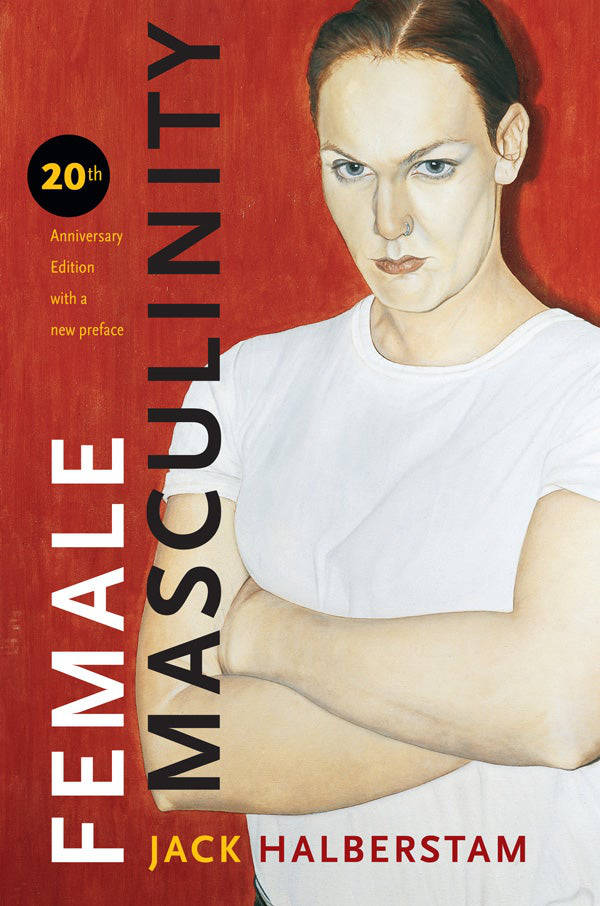
Juggling (Practices)
In Juggling , Stewart Lawrence Sinclair explores the four-thousand-year history and practice of juggling as seen through his life as a juggler. Sinclair—who learned to juggle as a child and paid his way through college by busking—shares his experiences of taking up juggling after an episode of suicidal ideation, his time juggling on the streets, and ultimately finding comfort in juggling during the COVID-19 pandemic. In many ways, this is a book about loss and recovery. From his own juggling story to clowns braving military checkpoints in Bosnia and Rwanda to perform in refugee camps to contemporary avant-garde performances, Sinclair shows how the universal language of juggling provides joy as well as a respite from difficulties during hard times.







